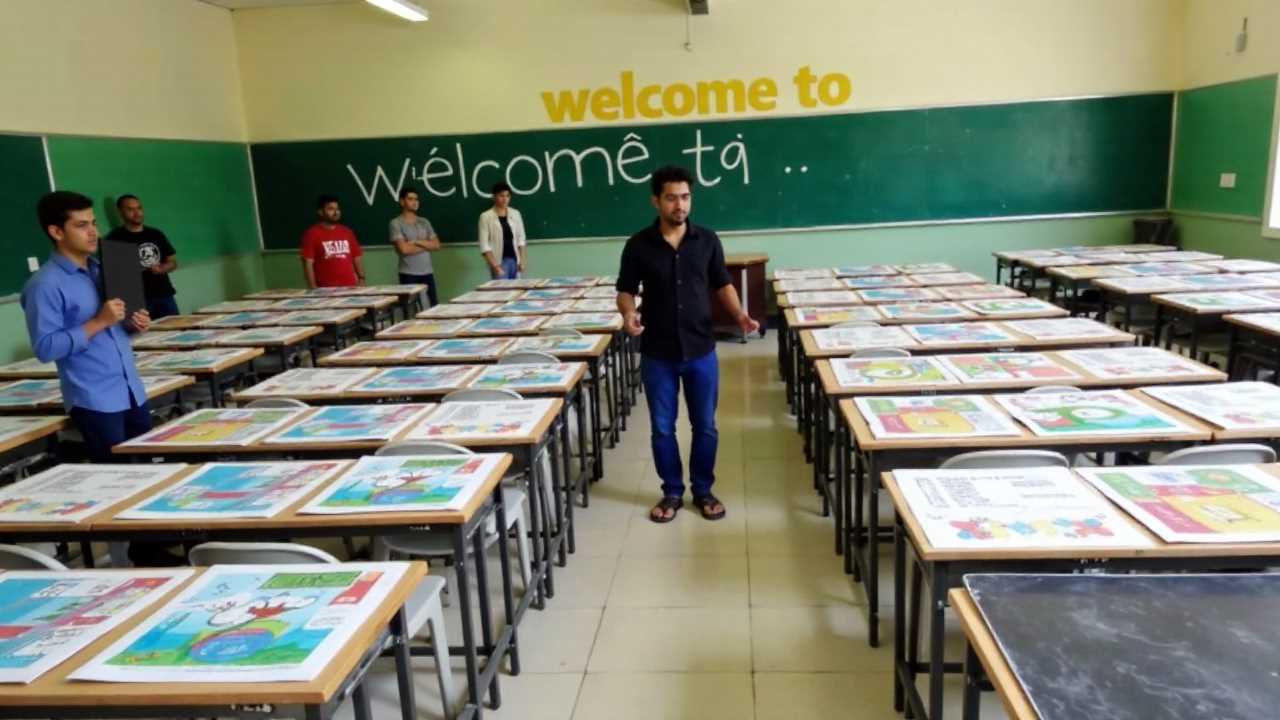
Inclusive education practices are essential for creating equitable learning environments that cater to the diverse needs of all students. By embracing diversity training, educators can enhance their understanding of various cultural, social, and individual differences that students bring into the classroom. This foundational knowledge is crucial for fostering an inclusive atmosphere where every student feels valued and supported.
Diversity Training: Building Awareness and Skills
Diversity training equips educators with the skills to recognize and address biases, stereotypes, and systemic barriers that may hinder student success. Through workshops and professional development sessions, teachers learn to appreciate the richness of diversity and how it contributes to a vibrant learning community. This training not only enhances teachers' cultural competence but also empowers them to implement inclusive practices effectively.
Adaptive Curriculum: Meeting Individual Needs
An adaptive curriculum is a cornerstone of inclusive education practices. It allows educators to tailor their teaching methods and materials to accommodate the varying abilities and learning styles of students. By integrating flexible lesson plans and diverse instructional strategies, teachers can ensure that all students, including those with special needs, have access to the curriculum and can engage meaningfully with the content.
Collaborative Teaching: Enhancing Learning Through Teamwork
Collaborative teaching, or co-teaching, involves two or more educators working together to deliver instruction. This approach not only fosters a supportive learning environment but also allows for the sharing of expertise and resources. By collaborating, teachers can provide differentiated instruction that meets the diverse needs of their students, ensuring that everyone receives the support they need to thrive academically.
Special Needs Advocacy: Championing Student Rights
Special needs advocacy is a vital aspect of inclusive education practices. Educators must be proactive in advocating for the rights and needs of students with disabilities. This involves understanding legal frameworks, such as the Individuals with Disabilities Education Act (IDEA), and working closely with families and support staff to create individualized education plans (IEPs) that promote student success. By championing these students, educators help to dismantle barriers and create a more inclusive educational landscape.
Professional Development: Lifelong Learning for Educators
Ongoing professional development is crucial for educators committed to inclusive education practices. By participating in training sessions, workshops, and conferences, teachers can stay informed about the latest research, strategies, and tools for fostering inclusivity. This commitment to lifelong learning not only enhances their teaching practices but also positively impacts student outcomes.
Equity Strategies: Ensuring Fairness in Education
Implementing equity strategies is essential for creating a fair and just educational environment. Educators must assess their practices and policies to identify and address any inequities that may exist. This includes ensuring equal access to resources, support services, and opportunities for all students, regardless of their background or abilities. By prioritizing equity, schools can create a more inclusive atmosphere that promotes the success of every student.
In conclusion, mastering inclusive education practices requires a multifaceted approach that encompasses diversity training, adaptive curriculum, collaborative teaching, special needs advocacy, professional development, and equity strategies. By embracing these principles, educators can transform classrooms into inclusive spaces where all students can thrive and reach their full potential.
 Careers in EducationElementary EducationHigh School EducationEducational TechnologyTeaching StrategiesSpecial EducationPrivacy PolicyTerms And Conditions
Careers in EducationElementary EducationHigh School EducationEducational TechnologyTeaching StrategiesSpecial EducationPrivacy PolicyTerms And Conditions
